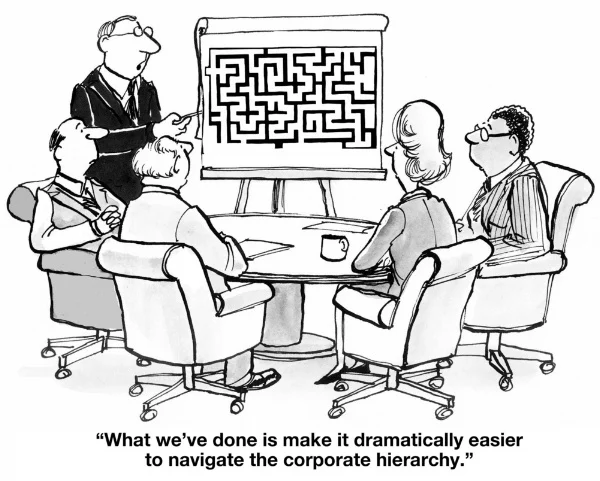
The unparalleled success of public accounting has led our firms into a leadership paradigm where our basic assumptions, reasons, beliefs and perspectives are failing us in developing leaders for tomorrow’s success. As we look within our firms, what past trends do we see that help us understand our present paradigm in promoting partners, the key leaders in our firms?
Number one might be technical ability. Why? Our past success and service demand from clients revolved around our incredible technical abilities and naturally, the more competent our team members were, the more leadership they were promoted into.
Close behind technical ability would probably be demand. We had significant growth (the phone kept ringing) so we promoted the next competent technical team member.
Business developers (which are simply too rare), are always a shoo-in for partnership regardless of any lone ranger or destructive behaviors.
Seniority has always been one of those reasons or beliefs that we have had a tendency to reward—after all, they have paid their dues.
Likability. We simply like them, who doesn’t?!
There are other compelling reasons leading to partner promotions that evolve from control tendencies, unconscious bias and silos within our firms.
Complicating our present shortage of leaders for succession and growth has also been our methods and present curriculum for leadership development within our firms.
How often are these courses offered at our firms’ internal universities? ACCT 101 You will figure it out. ACCT 201 You will grow into it. ACCT 301 If they don’t make it, we have someone else who will. ACCT 401 Turnover is how we find our best people (there’s some awkward truth to this). MASTERS ACCT Those soft skills don’t make us money and slow us down. DOCTORATE ACCT They are not technically competent (which can mean they are not as great as us with the rule book or they don’t make technical their number one focus).
How often do our team members find themselves enrolled in one of these leadership development courses? When we combine this leadership development curriculum with our leadership paradigm, the prospects for future firm leadership are shaky at best. Our challenge is to stay focused on results for our new partners and existing partners while at the same time, promoting leaders who can provide the soft skills to help our team members grow and thrive.
So often, we pay lip service to people skills and people development. What does our compensation system say about how we value this leadership? Our paradigm served us well for many years, but it is holding us back now. Let’s find ways to balance and integrate more leadership attributes while removing lone rangers and destructive behavior. Future leadership teams will need to possess new skills, life-long learners, be highly emotionally intelligent and demonstrate diversity in every aspect including beliefs and assumptions.
Do we each have some inconvenient truths to consider? How do the skills and strengths of our present partner group reflect our present leadership paradigm? Will we have the diverse leadership for succession and growth during the next three to five years?
Now is the time to soften our attributes by hardening our focus on talent and leadership development.


